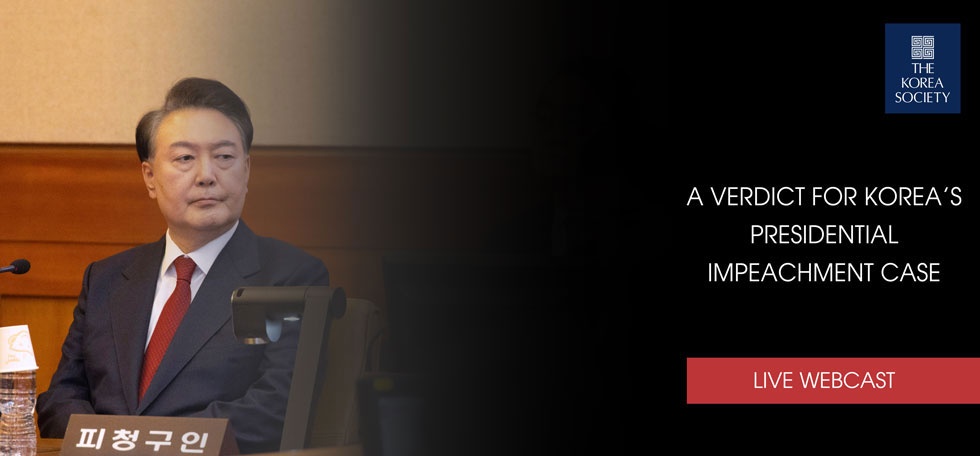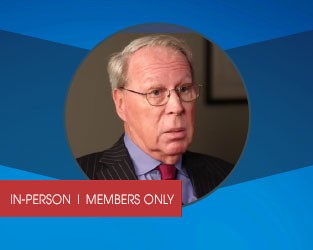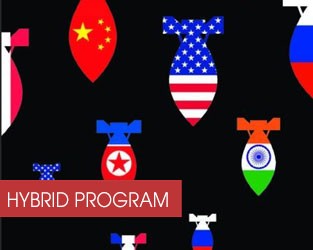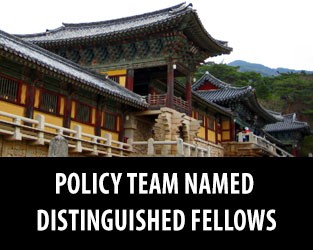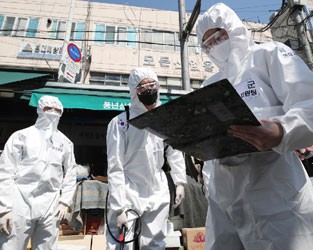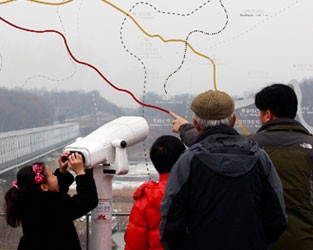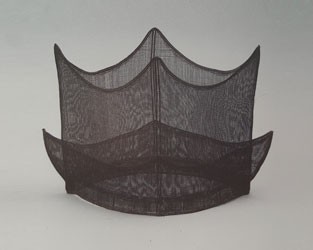![]()
Joint Press Conference with President Barack Obama and Republic of Korea President Park Geun-hye
Media
Podcast
- <
- https://itunes.apple.com/podcast/the-korea-society/id210903888
- JOINT PRESS CONFERENCE
-
STEPHEN NOERPER:
Welcome to Studio Korea First Take, a rapid reaction report, and welcome to The Korea Society. I am Stephen Noerper, senior vice president.
For reflections on the historic May summit between Presidents Park Geun-hye and Barack Obama, we are joined by Scott Snyder, senior fellow for Korea studies and director of the program on US-Korea policy at the Council on Foreign Relations. Welcome, Scott. I'm delighted to have you back.
SCOTT SNYDER:
Good to be here, Steve.
STEPHEN NOERPER:
Scott, your thoughts on the meeting between Presidents Park and Obama and the atmospherics conveyed.
SCOTT SNYDER:
Well, this was the first in-person meeting for both presidents. I thought that both of them worked hard to project messages of assurance to each other on the basis of close cooperation and shared common interests. President Obama, I think, indicated clearly the US security and defense commitments to South Korea. He also cited in his remarks that President Park is a cool and seasoned crisis manager who has [already] shown her strong leadership qualities in office.
STEPHEN NOERPER:
And how does the Joint Declaration between the two [countries] hold up against the 2009 Joint Statement?
SCOTT SNYDER:
This is the 60th anniversary of the US-Korea alliance [and] this Joint Declaration was released in that context. It draws on many elements of the June, 2009 Joint Vision that was released when President Lee visited President Obama, but there are a couple of differences.
One is that the challenge of dealing with North Korea was elevated in the statement. [Secondly], this statement is much more focused on the Peninsula than on global cooperation; although global cooperation is included in the statement as a shared objective. A third aspect is that it talks about President Park's own desire to build trust with North Korea; but it clearly places that trust-building process in the context of the objective of trying to bring North Korea into compliance with its international obligations.
I think it's a strong statement. It very much shows that this is a comprehensive strategic alliance. It shows a measure of progress compared to where we were in 2009; but I think it's much more focused on the joint sense of purpose in trying to respond to the challenge posed by North Korea.
STEPHEN NOERPER:
Scott, what do you think will be the reaction in Pyongyang?
SCOTT SNYDER:
I think that both presidents delivered a strong and stern message that the leadership in Pyongyang [will probably not enjoy hearing]. At the same time, the North Koreans do tend to view public statements of this sort as propaganda. They also have propaganda that they release. I think that with regards to their ongoing efforts to evaluate Park Geun-hye, [the missing element] is probably that we don't see yet (and perhaps won't see for a period of time) whether or not, or how, the South Korean government positions itself in terms of any private messages that it tries to deliver to North Korea; and whether North Korea can find a way to respond.
Certainly President Park's approach seems a little bit more open in terms of trying to engage North Korea, but it also has a lot of elements of commonality with the approach of President Lee. It's going to be very interesting to see whether North Korea is willing to pick up on the positive elements, or whether they move into a more confrontational approach as they try to manage the inter-Korean relationship.
STEPHEN NOERPER:
Scott Snyder of the Council on Foreign Relations. Thank you.
- SNYDER ON THE PARK-OBAMA SUMMIT
- http://traffic.libsyn.com/koreasociety/2013-05-07_ScottSnyderOnTheObama-ParkSummit.mp3

